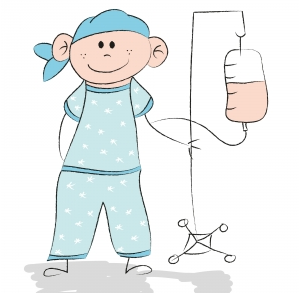Summer has finally arrived, at least in the northern hemisphere. The sun is shining, we are going away on holidays, kids have weeks of summer fun to look forward to. Wherever you are going – the beach, the pool, camping in the mountains – you mustn’t forget to bring along a sunscreen with good UVA protection factor.
In terms of SPF (sun protection factor), products with high SPF tend to be more expensive and their protection is only slightly higher than those with a lower SPF.
Products with SPF over 20 have very little difference in protection results: SPF 15 gives 93.3% protection, SPF 20 – 96%, SPF 30 – 97.4% and SPF 40 – 97.5%.
The Medical Daily says: “A sunblock with SPF 100, for instance, only increases protection from UVB by one percent from 98 to 99 percent, compared to a sunblock with SPF 50. The FDA (Food and Drug Administration) is considering requiring all sunscreens with a higher than 50 rating for SPF to be labeled “50+” because of the murky nature of the health benefit of increased protection.”
Safe tanning
Often we don’t realise the dangers that the sun hides and choose to focus on its health benefits. Exposure to the sun without proper skin protection is the main cause of skin cancer in the USA – 50% of cancers in the USA are skin cancers. The number of skin cancer cases doubled from 1992 to 2012, with 1 in every 50 Americans being diagnosed with melanoma daily.
There are 4 main points you need to consider if you’re worried about skin cancer:
-
Have I been under excessive or unprotected exposure to ultraviolet rays?
-
Do I have a family history of skin cancer?
-
Have I experienced severe sunburns in the past?
-
Do I have suspicious moles? There are 4 types of suspicious moles known as the ABCD: Asymmetrical; Borders Ragged; Colour Uneven; and Diameter Change.
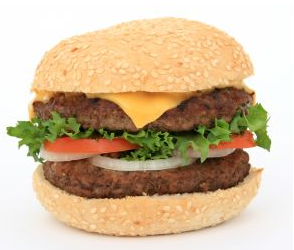
Savvy junk food marketers are now targeting children via apps and mobile games.
Marketing unhealthy foods to children has been proven to be “disastrously effective” says the World Health Organisation (WHO). While adults can recognise when they are being targeted by advertising, children are unable to make the distinction between advertising and cartoons, for example.
WHO is calling for tighter regulations regarding marketing junk food to children in order to tackle growing childhood obesity. Unhealthy foods are categorised as those being high in trans-fats, free sugars and salt.

Changes to the healthcare laws in France mean expats aren’t covered for free care.
Since 2007 the topic of expats and health care has been a hot issue in France. The country has traditionally been very popular with expats, particularly those from the UK. Former President Nicolas Sarkozy expressed concerns that too many people were taking advantage of France’s free healthcare system and not contributing in return.
Now legislation has been passed that states EU nationals under the retirement age of 60 and who are not working will no longer be eligible for free healthcare in France. This means all expats in France under the age of 60 need international medical insurance.
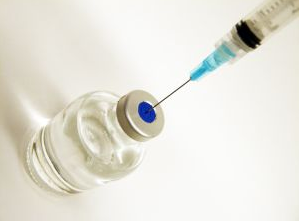
Calls to improve access to the HPV vaccine as protection against cervical cancer.
International health experts have called for worldwide access to the human papillomavirus (HPV) vaccination, screening tests and treatment as the primary preventative measure against cervical cancer.
There are currently two vaccines available which protect women against the two most common strains of HPV (16 and 18) which cause 70% of cervical cancers.
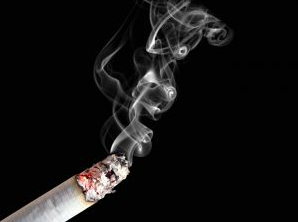
Many countries have already introduced law banning tobacco promotion and advertising.
Today is World No Tobacco Day, the World Health Organisation (WHO) and partner organisations are highlighting the health risks of tobacco use. This year the theme is: ban tobacco advertising, promotion and sponsorship.
Studies show a comprehensive ban on tobacco advertising is a cost-effective way to reduce the number of people who start and continue to smoke. Despite evidence of the effectiveness of such a ban, only 6 percent of the world’s population are completely free of exposure to tobacco advertising, sponsorship and promotion.
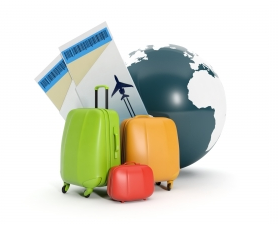
Check the health requirements for Middle East visas
Expatriates in countries such as Kuwait and Qatar make up more than half the population. If you are moving to the Middle East for work or with your family you are likely to need a visa and a medical check. We take a look at some of the most popular destinations in the region and their health requirements.
United Arab Emirates
If you are planning on settling in the UAE you will need a residency visa, without this you won’t be able to do basic expat things like open a bank account or get a mobile contract. To apply for the residency visa expats will need a health card and to undergo a health check.

Overworking is affecting family life in the UK, which countries have the best work-life balance?
The culture of overworking in the UK is damaging family life and causing excessive guilt, reports a recent survey. A leading psychologist has called for employers to offer flexible work hours in order to improve employees’ work-life balance.
Research commissioned by cash plan provider Medicash (Work vs. Life infographic) found 83% of 1,000 working parents surveyed feel guilty about the amount of time they spend working. Many also said working long hours has affected their relationships, with half saying it had a negative effect on their relationship with their children.

Save the Children has released its Mother’s Index , ranking countries on the best and worst places to be a mother.
Compiled by the charity Save the Children, the Mother’s Index has rated the best, and worst countries to be a mother. The top three spots are taken by Finland, Sweden and Norway respectively. Neither the UK nor the U.S. appeared in the top 20.
The study, now in its 14th year, looks at indicators of maternal health and under-5 mortality, as well as women’s education, income and political status. The UK came in at number 23, and the USA at 30. The toughest place to become a mother is the Democratic Republic of the Congo (DRC).

Women are consistently buying less life insurance than men.
Women in their 30s are insuring themselves for almost 33% less than men. Insurance provider Scottish Provident has revealed British women are risking their families’ financial future by undervaluing their life insurance.
Figures from the Royal London life office show women in their 30s routinely insure themselves for a third less than men of the same age. As women age this gap gets progressively wider, reaching a peak for women in their 60s. At this age, men have, on average, three times more life cover in place.

